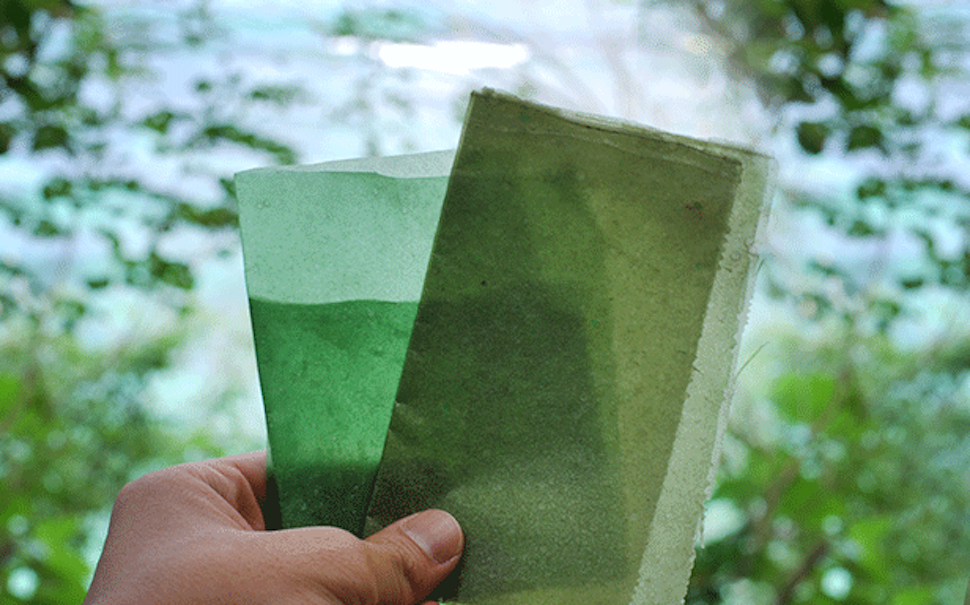In this class, various speakers visited and detailed how their path led to sustainability. We also completed modules to help support our understanding of the core concepts: systems thinking, strategic competency, integrative problem solving, intrapersonal competency, anticipatory competency, normative competency, and collaborative competency. I felt that coming into the class, I had a fairly good comprehension of integrative problem solving and interpersonal competency. I believe I have honed interdisciplinary critical thinking through being an astrophysics major that also interacts with more creative and sustainable fields. However, my awareness of systems thinking as well as the circular economy and how it relates to sustainability definitely improved. I was unaware of all the varying systems that affect an overarching system.
Furthermore, it was very refreshing to hear how many of the speakers’ paths were not linear. Often, they wound up in sustainability without that being their main intention. It was also reassuring to hear that you can be working sustainably without explicitly having a sustainability title. For example, you could influence your entire office to start using reusable coffee cups as a Director of Sales. Although you are not Sustainability Coordinator, you are still catalyzing a community to integrate a more eco-friendly practice.
I gained an influx of insight into sustainable processes, as well. I learned that it takes patience and resilience in creating sustainable frameworks to be implemented in businesses and institutions. It is easy to get “compassion fatigue” and have a melancholy outlook on the state of the world. It is so important to cultivate passion and restrict ourselves from falling into feelings of doom. Feeling excited and hopeful for the future is the greatest fuel one can have. Additionally, there is lots to be proud of, and I am proud to be a part of a community that cares deeply. Perhaps most importantly this class connected me to the UGA and Athens sustainability community at large.
Attached is a reflection defining circular economy. In a circular economy, a closed-loop system is encouraged where products are reused for as long as possible. This opposes the status quo by keeping products in circulation rather than disposing after a single use. This particular company created a biodegradable wrapping product made from seaweed, promoting circular economy practices. Solutions like this play a pivotal role in reaching sustainable goals by curtailing waste quantities.

Artifact
